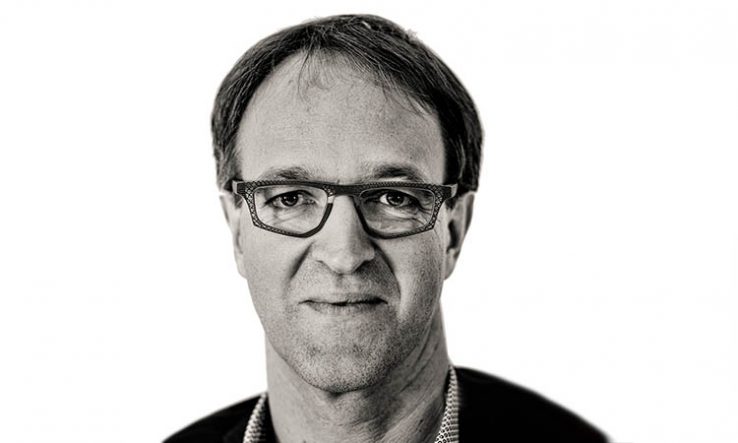
Image: Michiel Hendryckx [CC BY-SA 4.0], via Wikimedia Commons
Cesaer’s Rik Van de Walle, rector of Ghent University, argues against competitive geopolitical perspectives
The head of a European university group has defended cross-border research collaboration, as politicians in the EU and United States seek to weaken socioeconomic ties with nations they perceive to have hostile potential.
“As geopolitical tensions continue to rise, universities must recognise the imperative of working together to defend their shared interests,” Rik Van de Walle, rector of Ghent University in Belgium and president of the Cesaer group of science and technology universities, said this month in an opinion article published by the Academic Cooperation Association.
“Alongside quests to decouple or de-risk how our economies work comes a threat for renewed academic isolation,” he warned, adding that there is “the risk of re-division of the world into a number of more or less isolated blocks”.
Risky de-risking?
In particular, Van de Walle considered moves by EU politicians to “de-risk” the bloc’s relations with China, which they have said are motivated by the EU’s current reliance on China for many raw materials, China’s relationship with Russia in relation to the invasion of Ukraine, and China’s stance towards Taiwan. US politicians have made similar moves, accusing China of stealing intellectual property.
Academia should be “critical of the basic assumptions that are behind the ongoing turn toward the primacy of protecting national or European interest”, Van de Walle said. Any attempt to “decouple” academic cooperation runs the risk of doing more harm than good, he suggested.
“The common presumption that China always takes from the West and never the other way around seems highly questionable,” he said. “How can we be confident that keeping knowledge from ‘leaking’ to other parts of the world will bring more benefits than drawbacks?”
Van de Walle pointed out that Chinese researchers rapidly sequenced the genome of the virus that caused the Covid-19 pandemic, for example, aiding the swift development of vaccines against it. “It is confronting to imagine a scenario where, due to ‘leakage prevention measures’, such circulation of scientific knowledge had been slowed down, restricted or prevented,” he said.
Competitive framing criticised
He also criticised the framing of geopolitics around competition, saying that through this perspective universities can be seen as mere tools for winning funding or advancement in zero-sum scenarios.
“Instead, universities can constitute mutually beneficial endeavours (win-win and non-zero-sum), which can then act as important bridges over conflicts, continents and cultures, particularly when there are tensions in other domains,” he said. “Acquiescing to a competitive framing is both incorrect and counterproductive for universities.”
Universities must make efforts to communicate this and their distinction from other forms of socioeconomic or political organisations, Van der Walle stressed, calling on them to work together towards this aim.